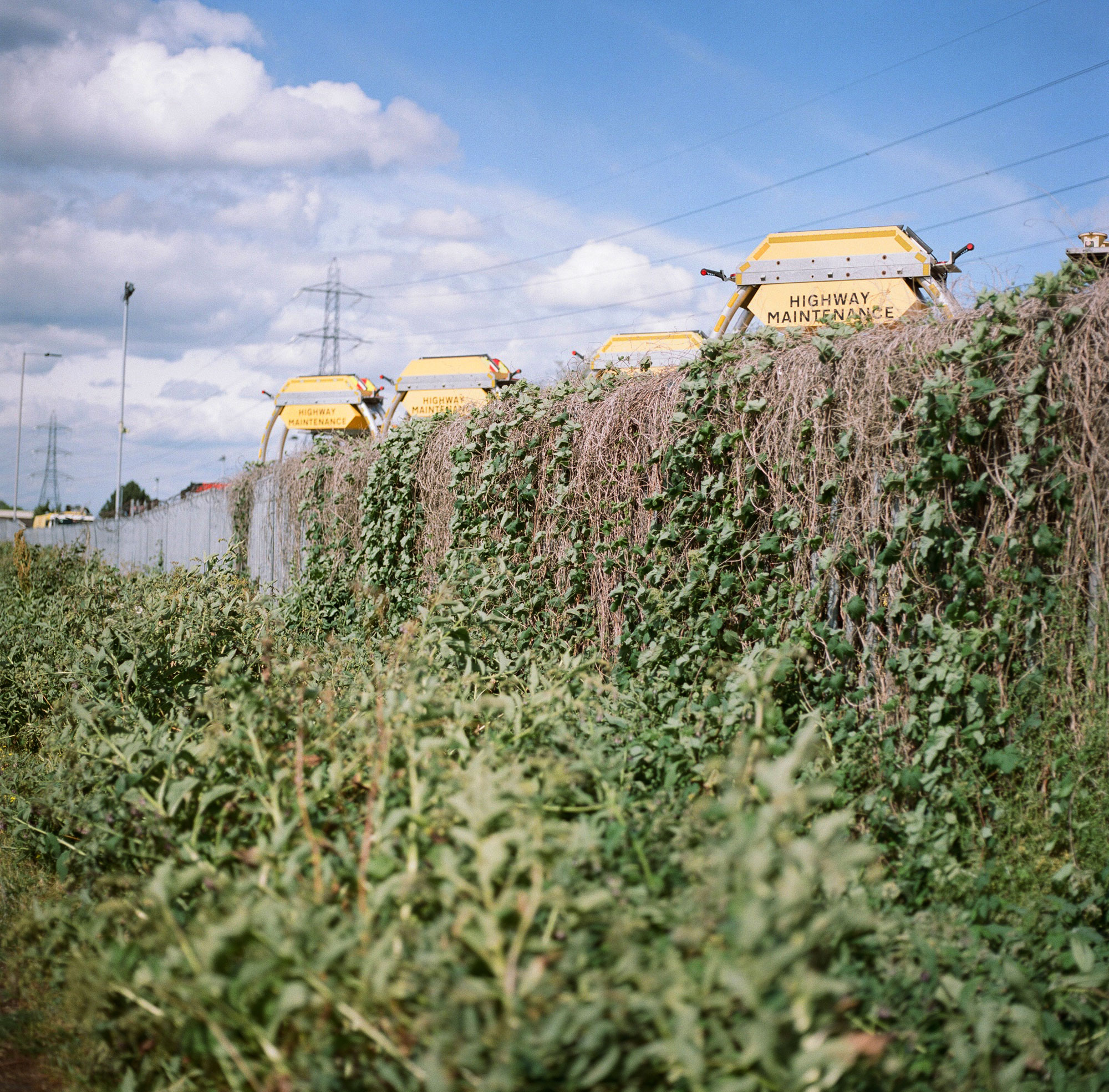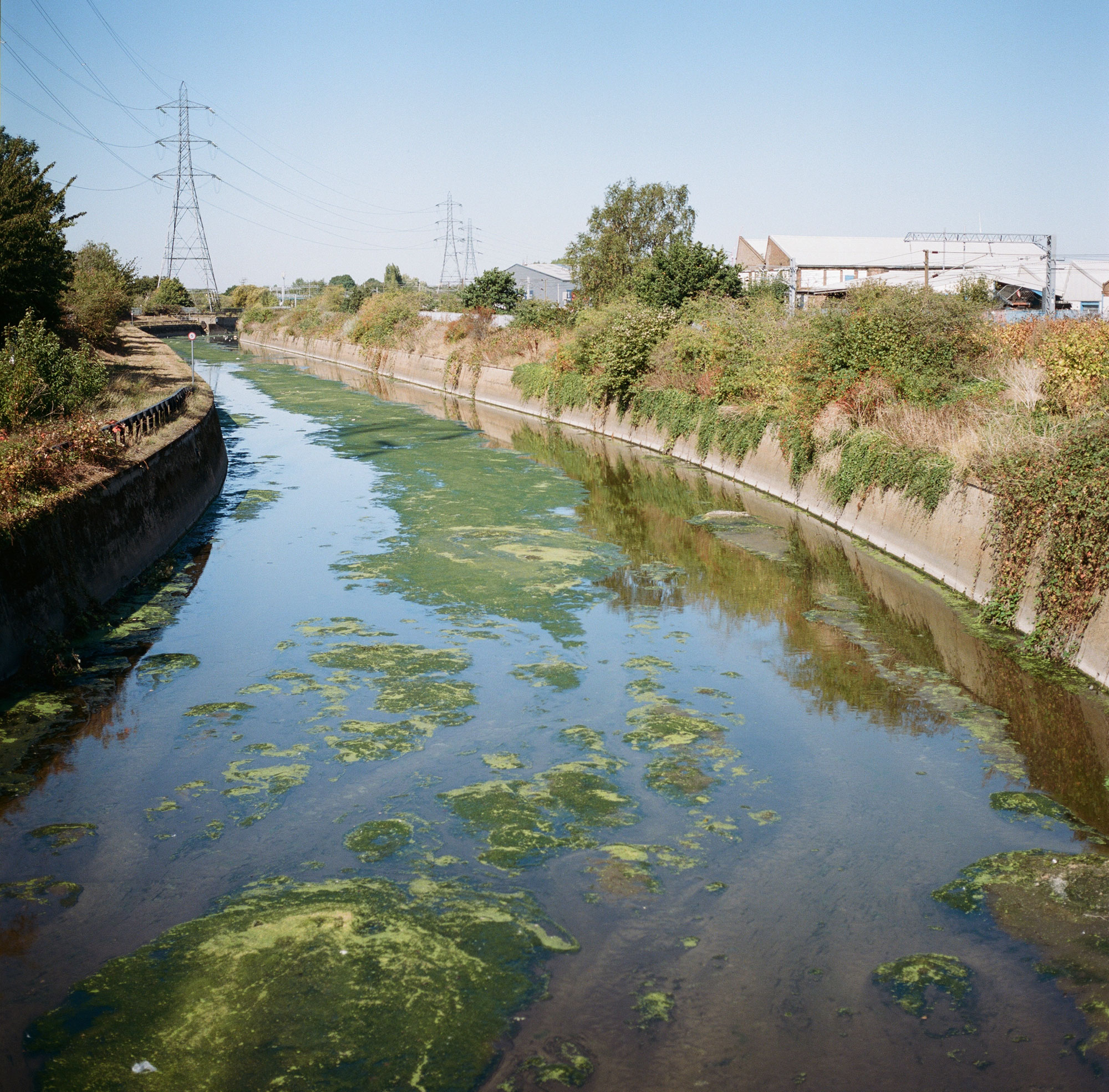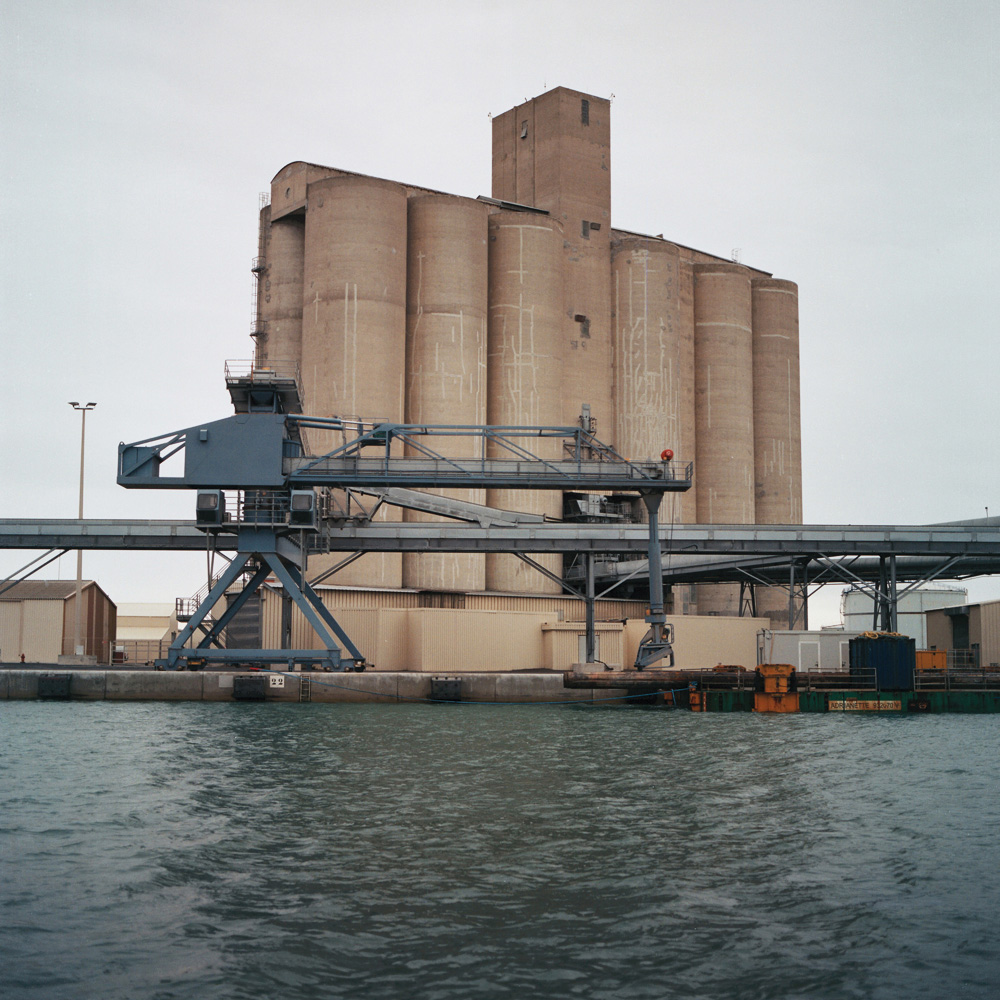
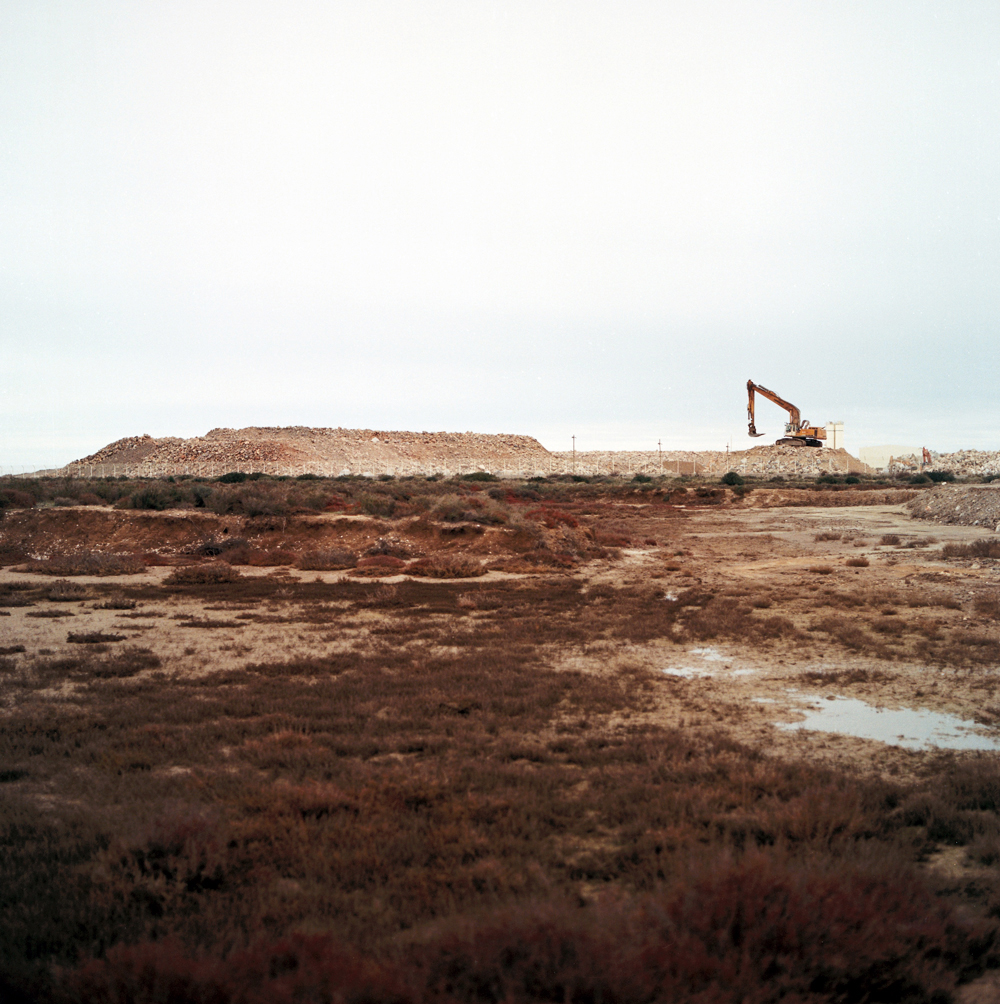
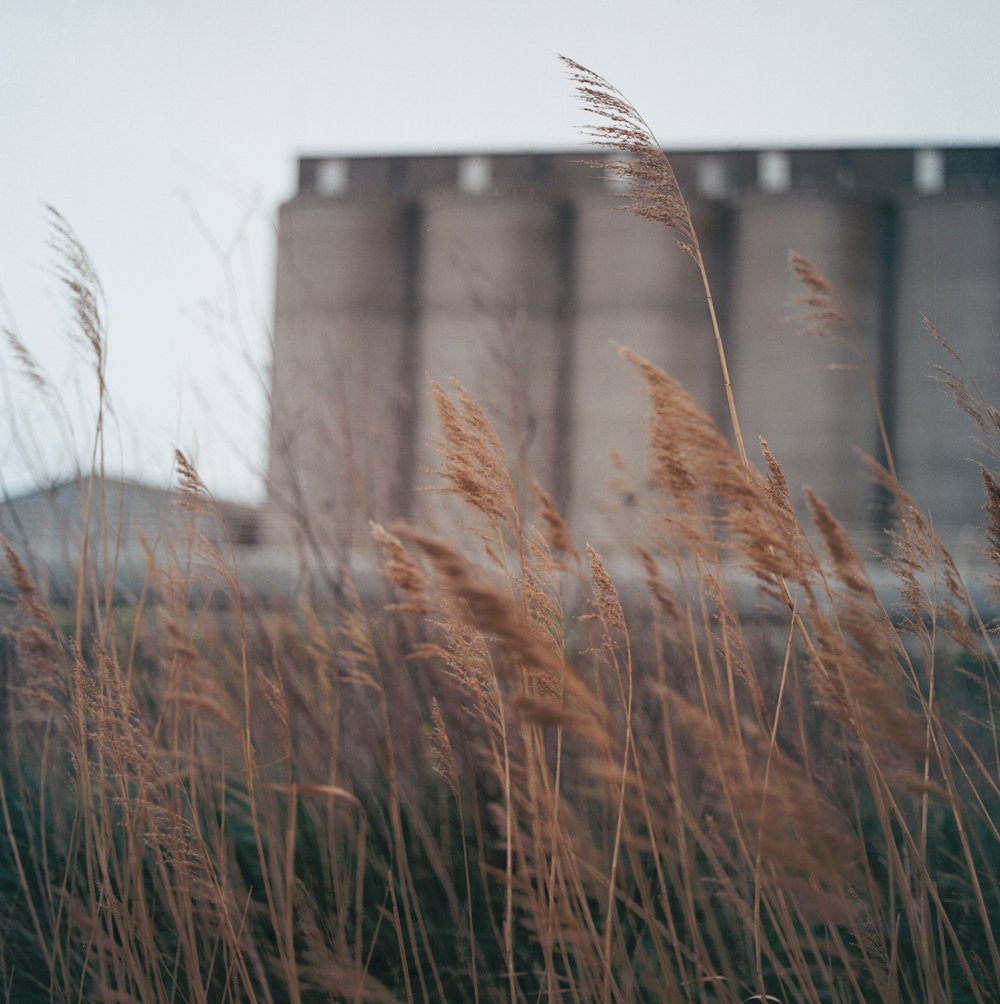
Our urbanised, industrial societies rely on order – or at least the perception of it. They rely on things happening as they are expected to.
The further away from an urban centre I travel, the more I witness the fraying of ordered society, as it becomes less and less feasible to maintain. It is progressively more evident that the perception of control is but an illusion.
However, maintaining this illusion underpins the very foundations of industrialised societies, and the systems which are dependent on them.
Despite the fact there are signs everywhere that reality functions quite differently to how it is perceived in industrialised societies, and the tension this inevitably creates, to engage with this directly – to acknowledge the false premise upon which these societies are built – would expose a truth that renders those foundations untenable.
This creates a cognitive dissonance which will ultimately be addressed, if not by those societies themselves – through the building of new foundations by changing the culture to one that acknowledges reality – then by the unfolding climate crisis.

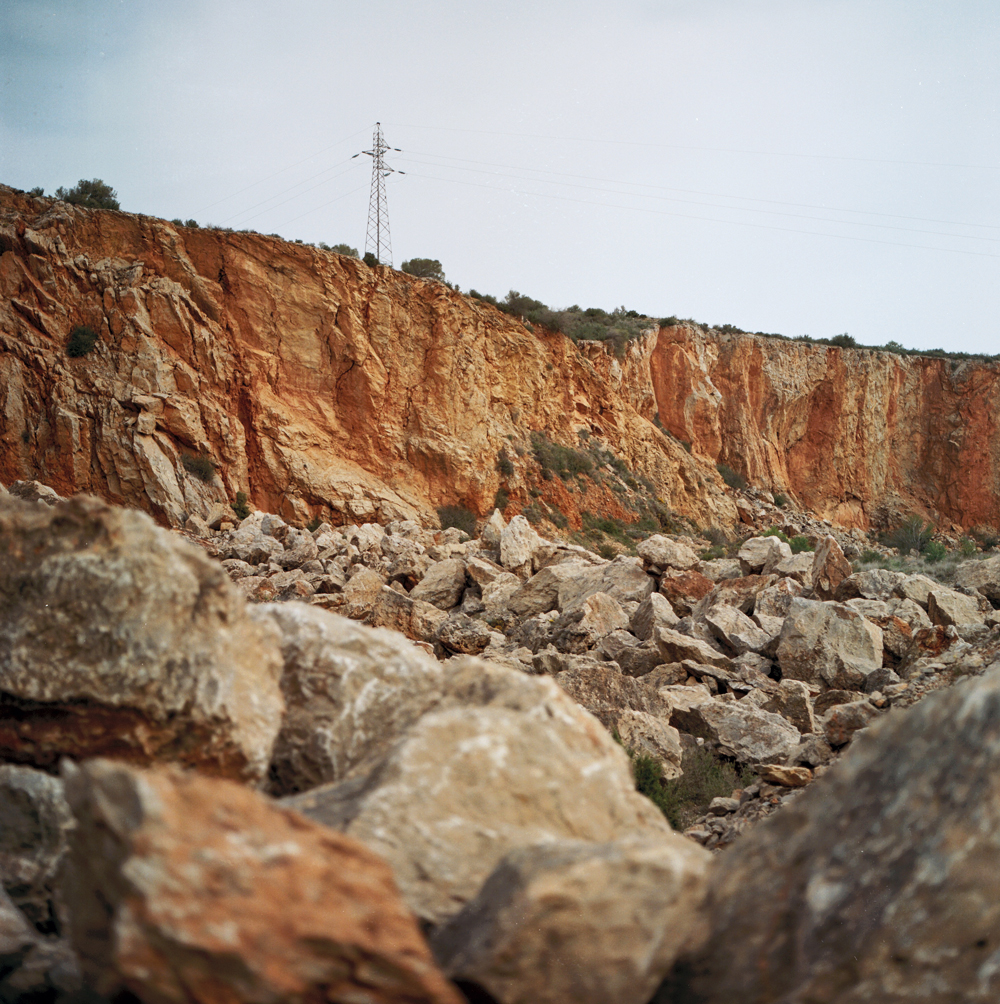
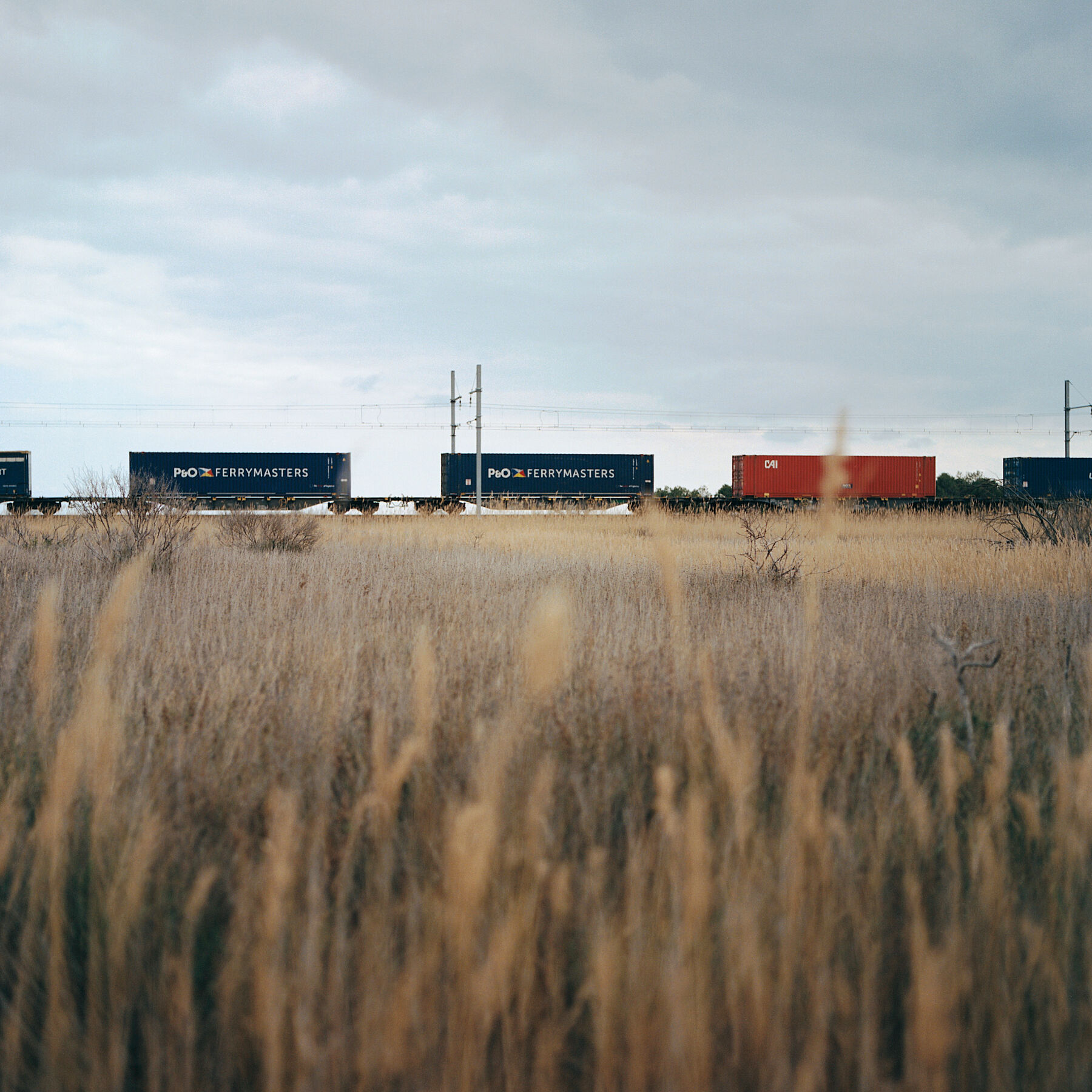

As I explore that which is all around us, it becomes more and more evident that in industrialised societies we are all too often blind to that which is right in front of us. This is partly biology – the brain is constantly trying to monitor perceived threats, and to disregard all else. However, the systems that make up industrialised societies also function to maintain an ignorance of the actual workings of the systems – the impact of waste disposal, mining, quarrying, gas exploration, agricultural runoff, meat production, along with every other extractive, destructive enterprise that exists to maintain the lives we lead. Much is hidden from our view, but we have also become numb to that which is all around us – the pylons, the factories, the chimneys, the warehouses, the scrap yards, the sewage works, and all the ubiquitous elements of an industrialised society, all built using fossil fuels extracted from the earth.
The prevailing culture has instilled within us a skewed perception of the world – manifested as a lack of respect for that which is not human, or created by humans.
I have become increasingly conscious of my own ignorance when it comes to the names and characteristics of the flora – both that with which we share our urban spaces, and the even greater diversity that lies beyond our concrete jungles. Unknown to us are the names of the life that sprouts from the earth between the cracks in the paving stones of the streets we walk, or along the verges of the roads we travel. We know not the names of the trees that shade us in our urban parks, nor those of the grasses we picnic in.

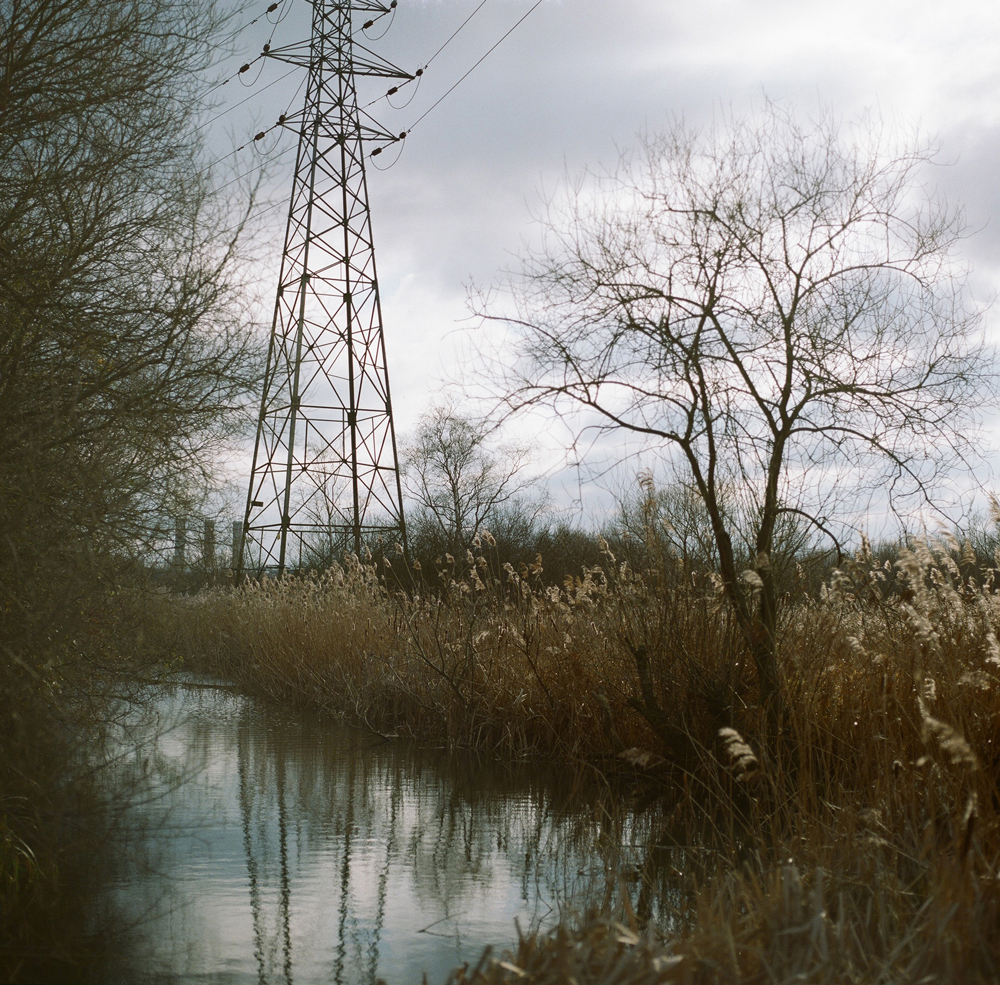
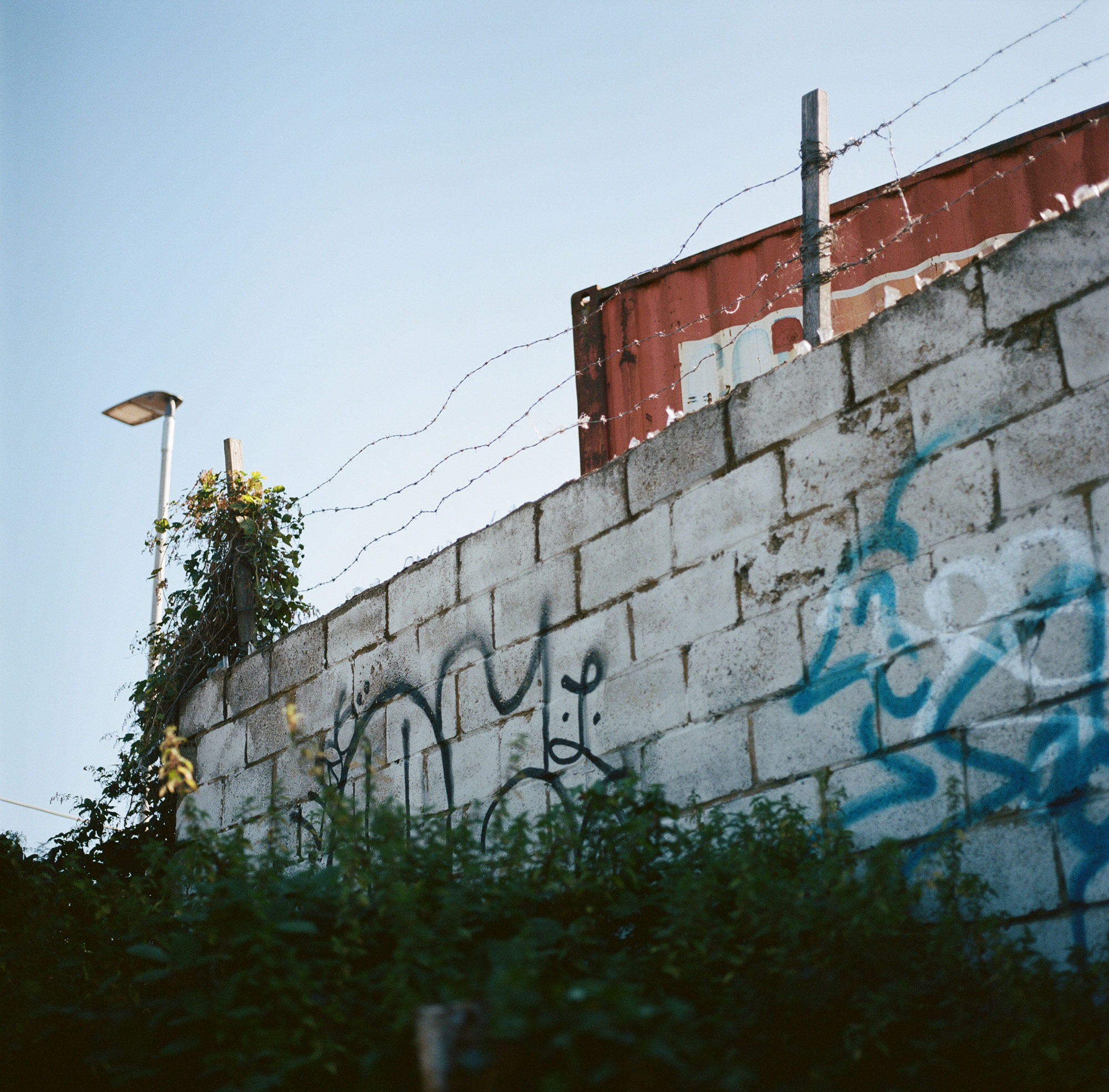
It’s an incredible feat to have come as far as we have. We are indeed amazing creatures. However the culture we have created in industrialised societies is immensely destructive. We have all the knowledge and resources we need to create a culture which restores and regenerates – brining to a halt our destructive ways, and undoing some of the damage we have inflicted on the land, in the oceans, and in the air.
Yet we are happy to maintain the status quo – even though it is not in our best interests to do so. Spending more time surrounded by trees, bathing in the sea, mountain lakes or bird song – getting out of our urban spaces and into nature – would help us reconnect with the rest of nature – to appreciate it, value it, feel connected to it, and want to stop causing it suffering.
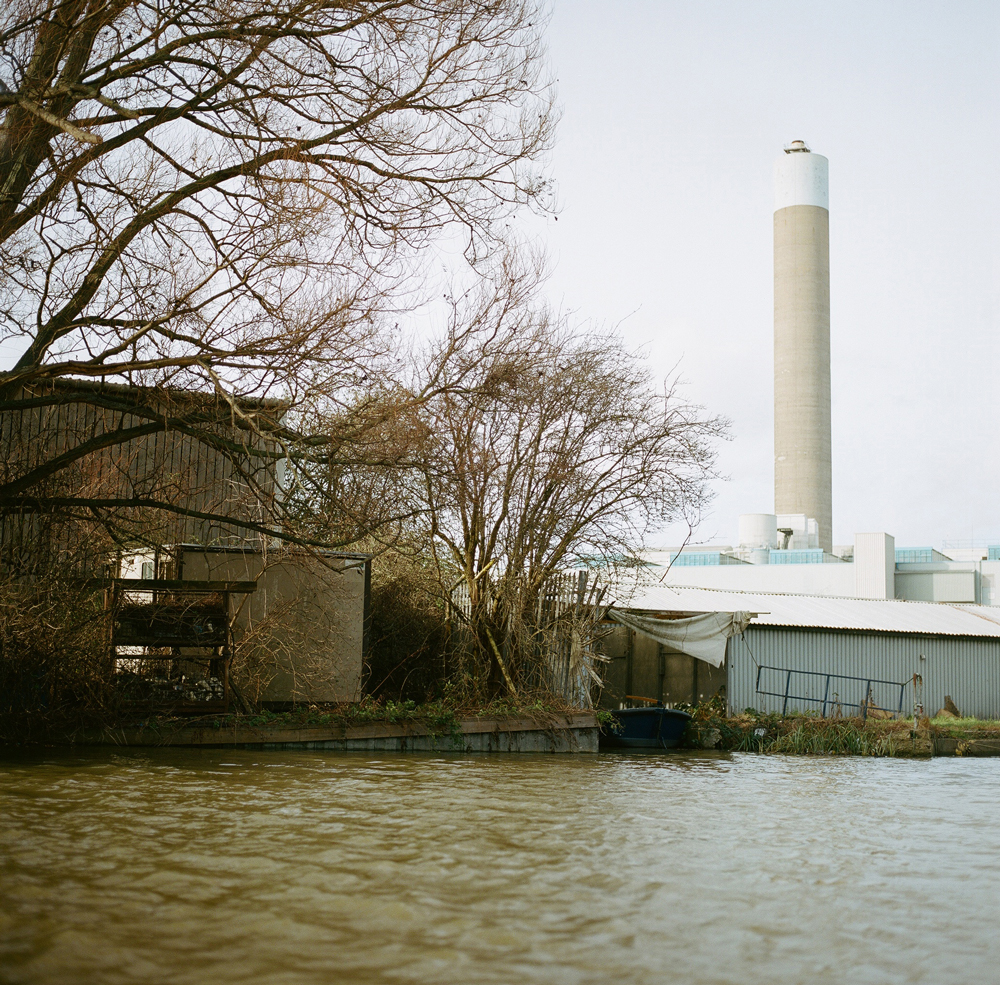
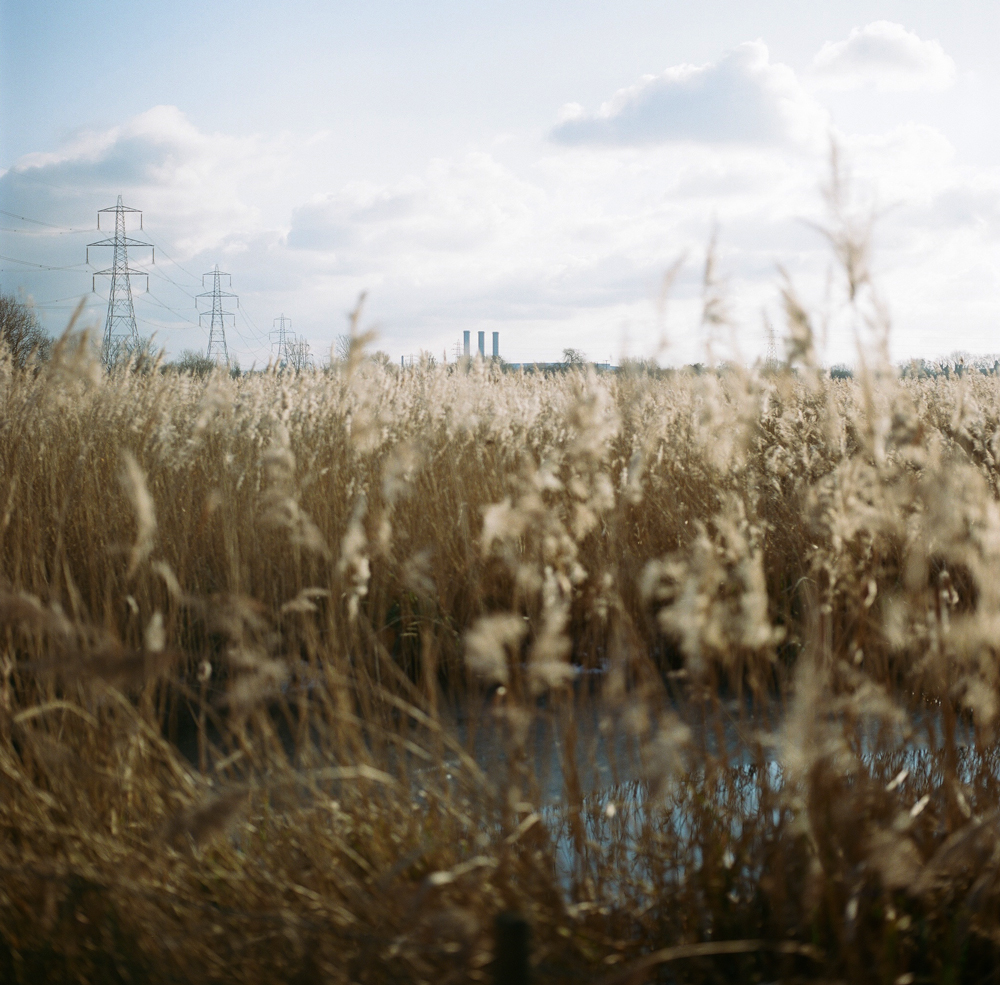

The way we treat the very things we need for survival – such as water, air and soil – is rooted in a mindset and narrative which maintains that humans are somehow separate from the rest of nature. There is a belief that through our ingenuity and the development of sophisticated, high-tech cultures, we have been able to rise above the rest of the natural world and become independent of it. Nothing of course could be further from the truth. In the face of climate breakdown this narrative is still, however, maintained by those who are profiting from it, and with it a wilful blindness to the suffering this is inflicting on people and other life around the globe.
It concerns me how much inertia there is to take a more sustainable path, despite all crises we are living through. We must overcome that which is all too human and deeply rooted within us – loss aversion. And to counter that which industrialised societies have sought to nurture – self-preservation over that of the collective. Both of which we have the capacity to do. We must nurture that which brings us together, and play to our strengths, rather than let vested interests exploit our all too human vulnerabilities.
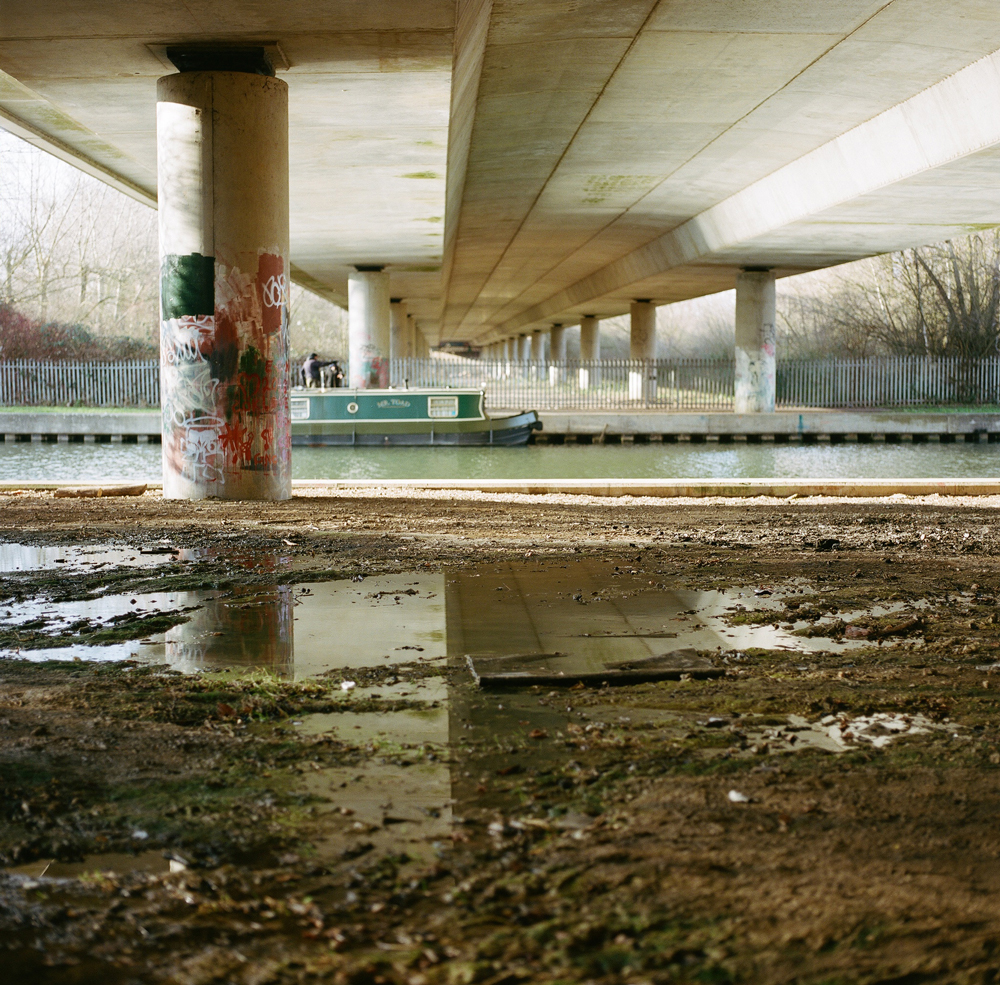
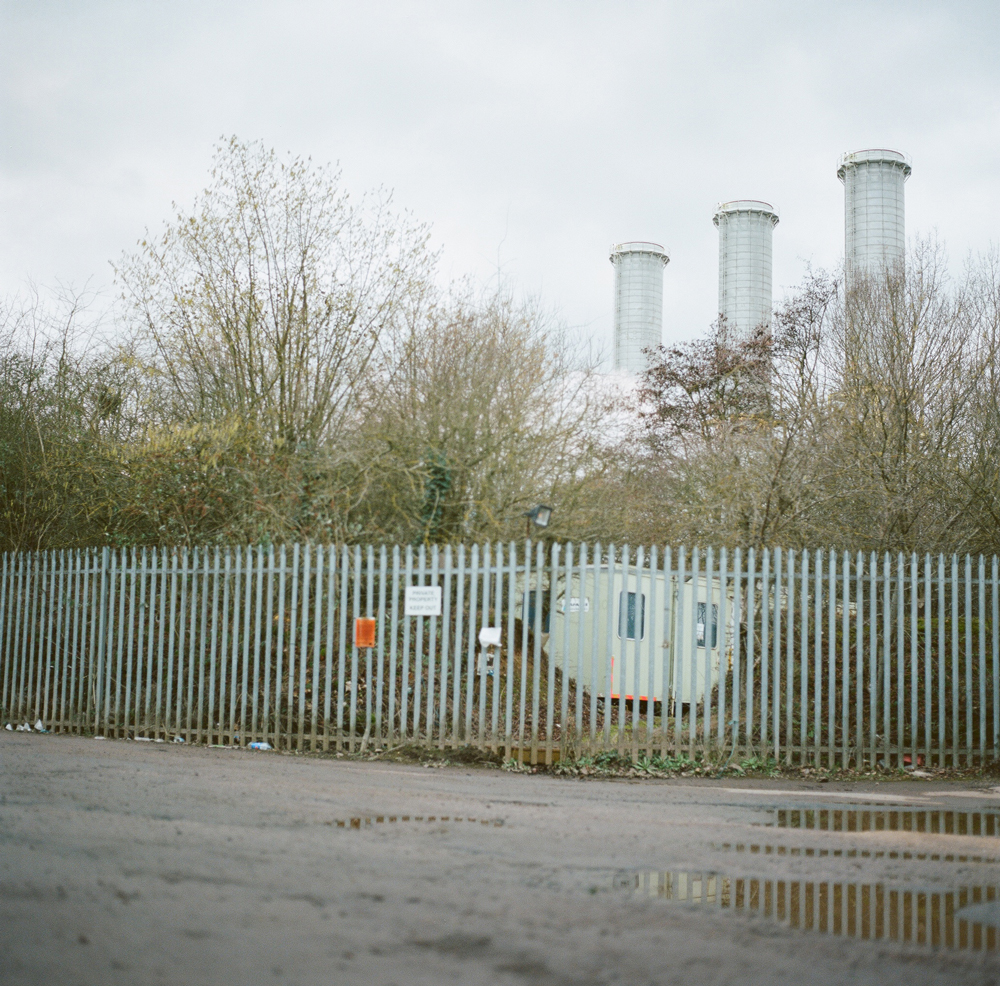
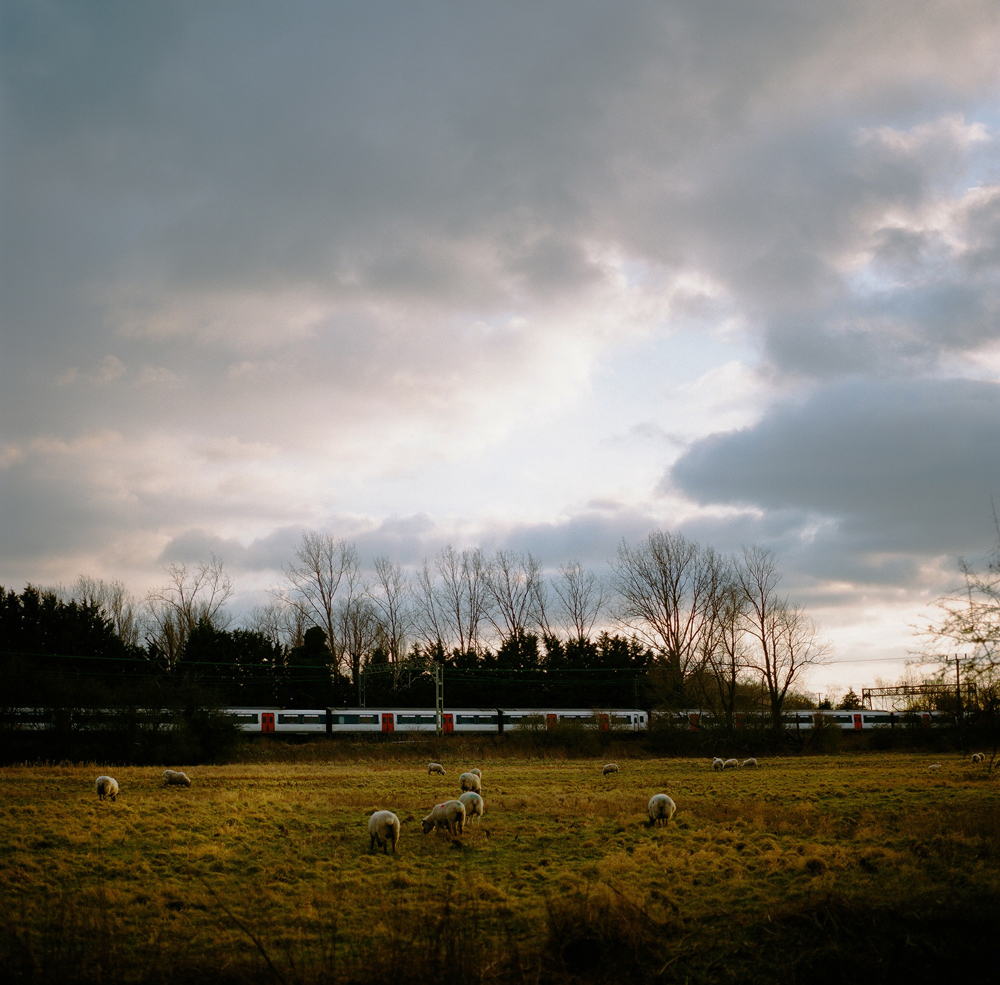
The desire in industrialised societies has been to tame, control and develop an immunity against the precocious vagaries of many natural cycles and systems. The water we channel and the rocks we grind have borne witness to the evolution of humanity. In industrialised societies we have lost all respect for the natural world, and instead see it as being there for our gain and pleasure – to be used and exploited as we wish.
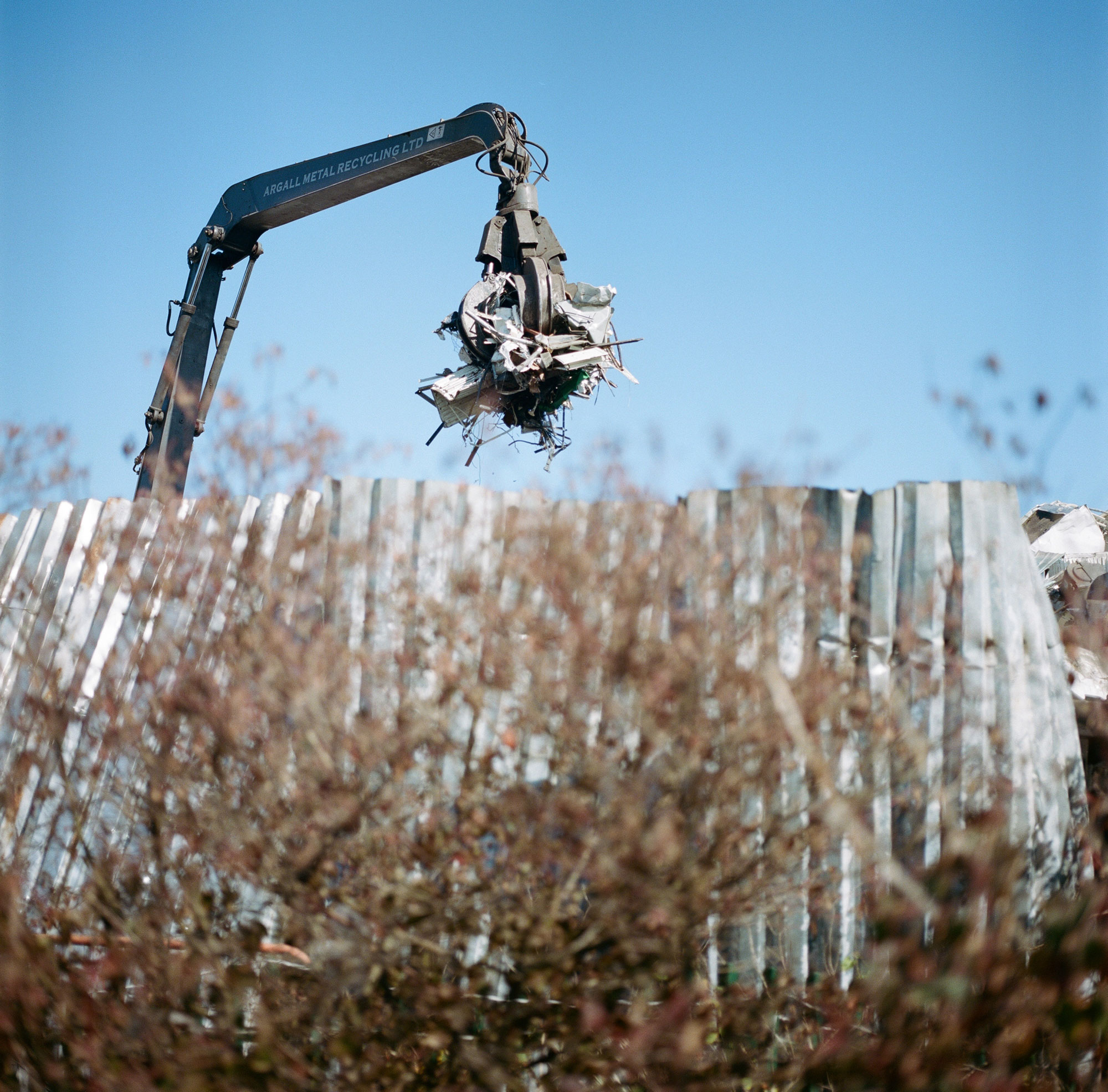
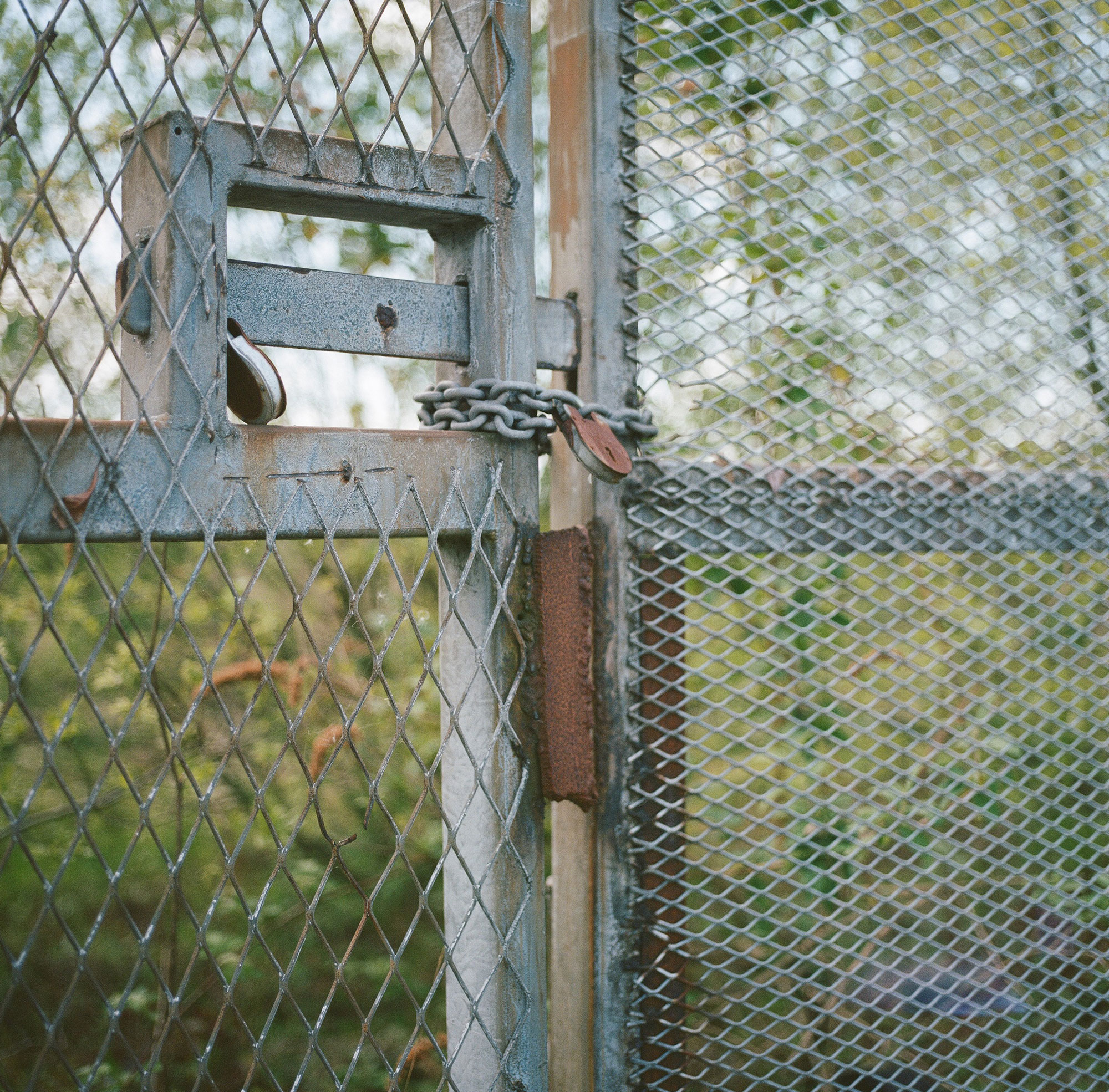
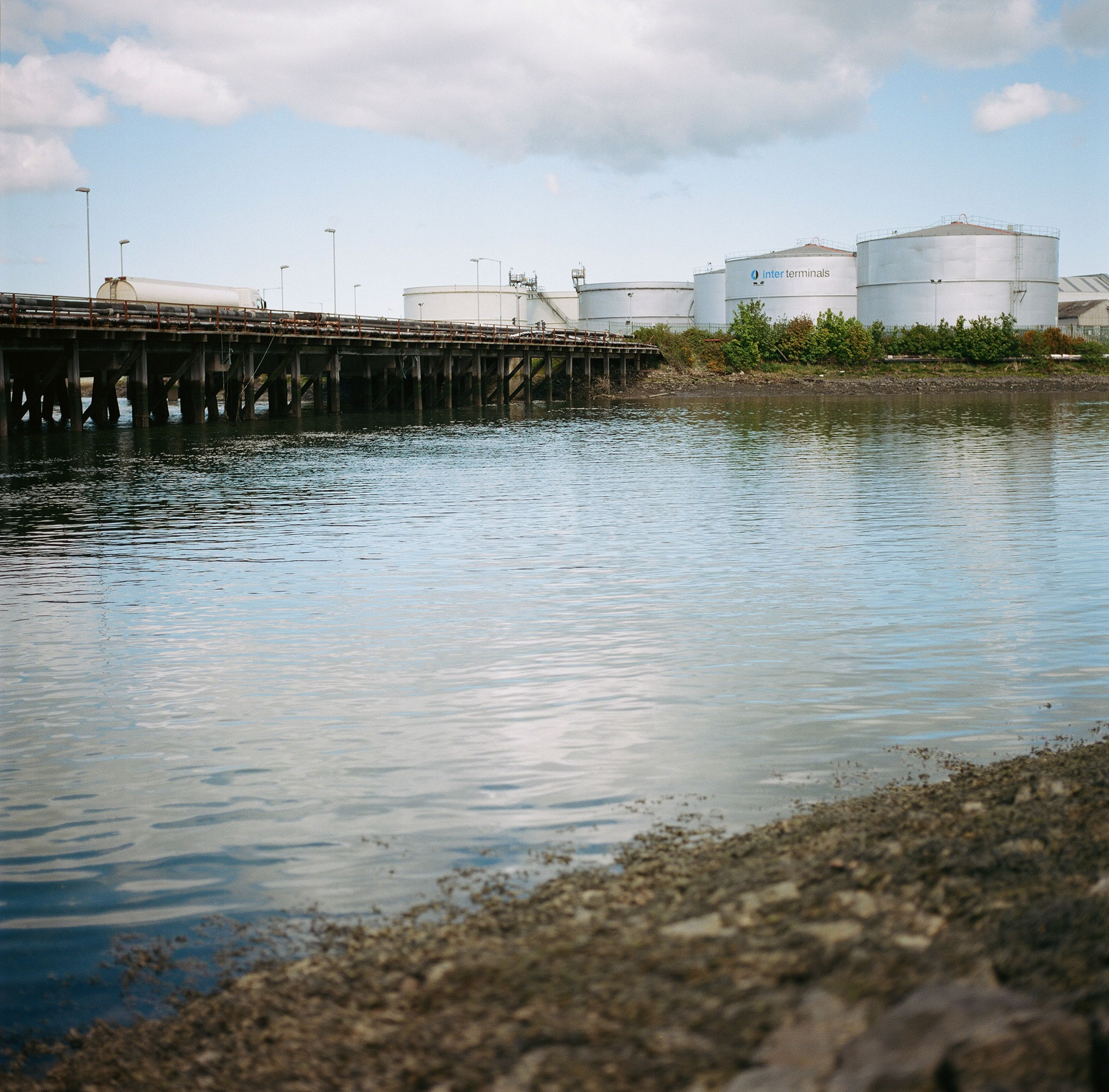
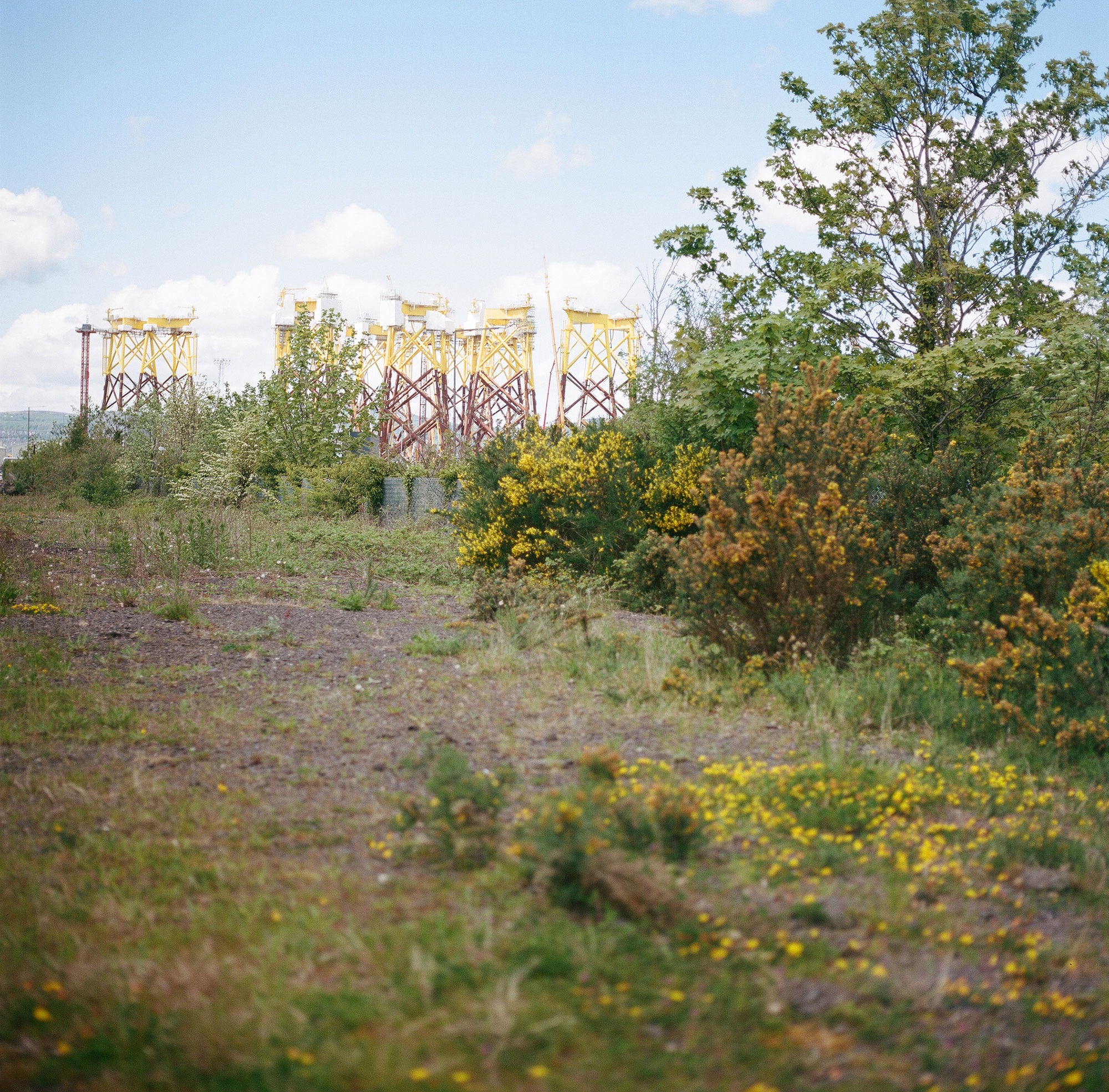
Reflecting on how we got to where we are, I can’t help but feel that the relationship with nature that existed in those societies which lead the way in industrialisation, was the nascent expression of an imperialist mindset. The desire to dominate nature being a precursor to colonialism. Their own countries were proving grounds for what was to come.
Imperialism is predicated on a belief in a hierarchy of perceived value and worthiness – not just from an economic perspective, but also in terms of respect for life. In the eyes of an imperialist not all people are created equal, but also, at the root of this philosophy, there is a belief that humans sit atop the hierarchical pyramid of species that roam the earth. All that which lies below is considered fair game for exploitation to further the materialistic pleasures of the Earth-bound gods.
So long as imperialist beliefs continue to exist, as they do at all levels of industrialised societies, then we shall continue along a path of destruction and division.
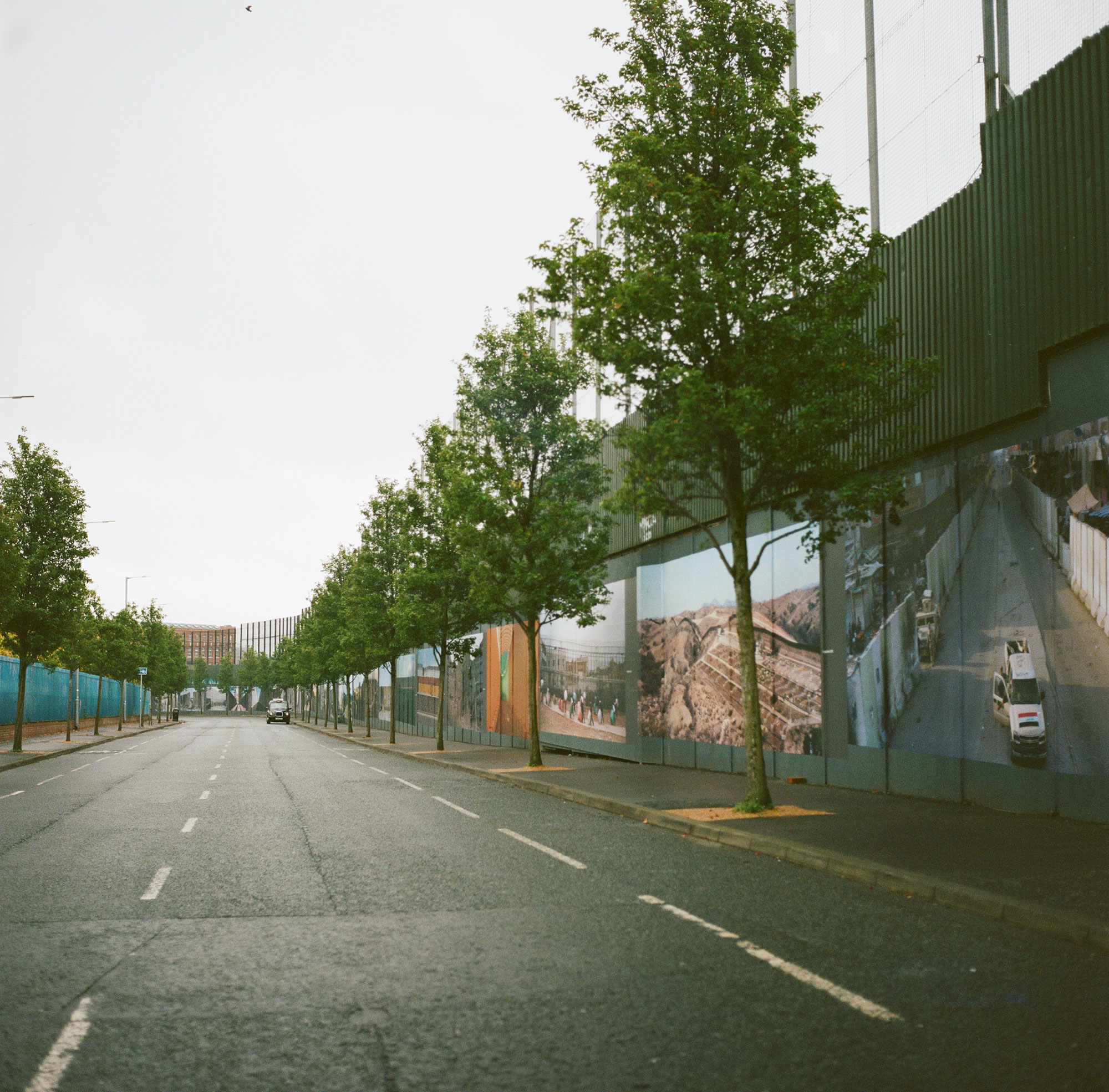
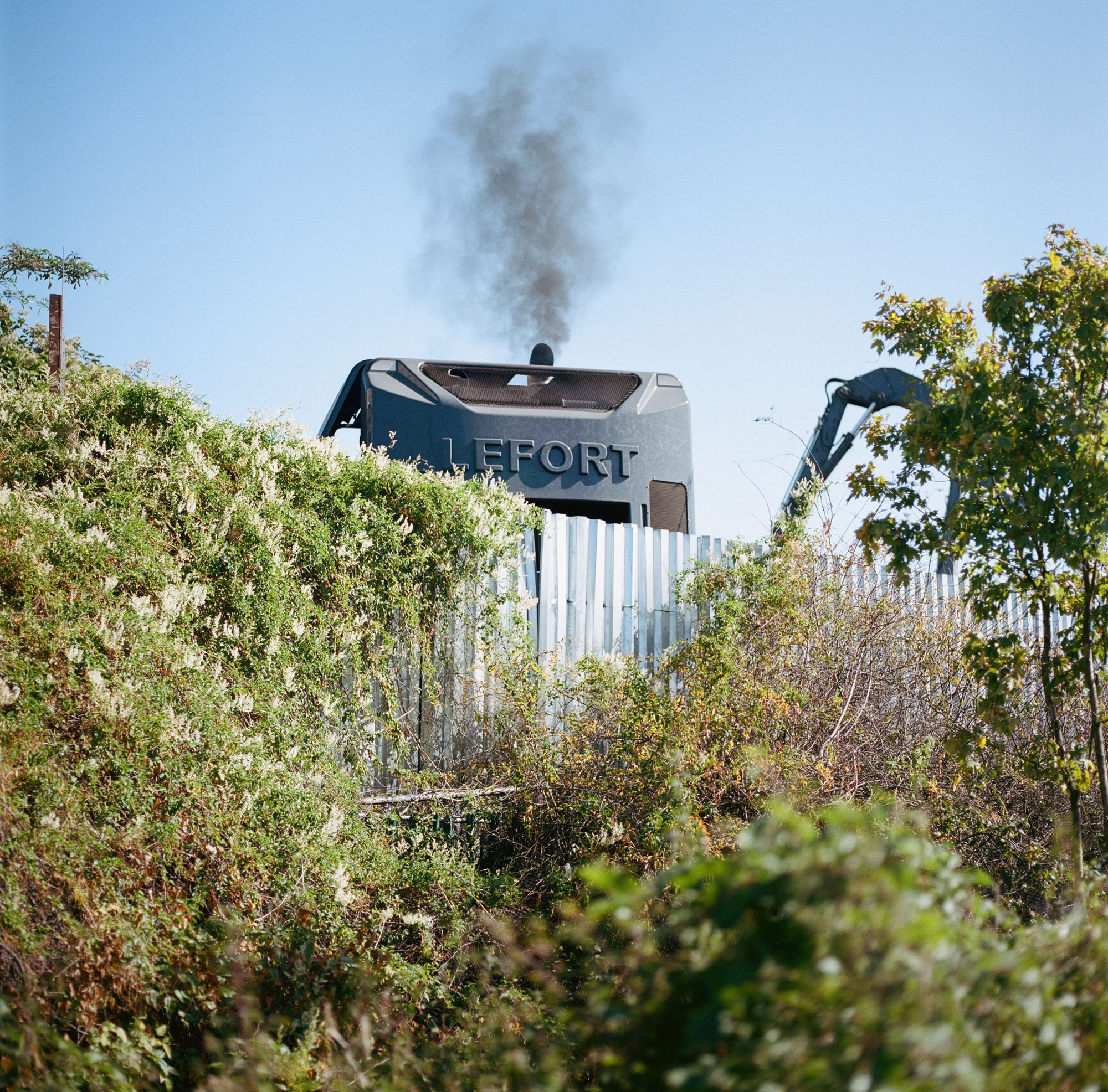
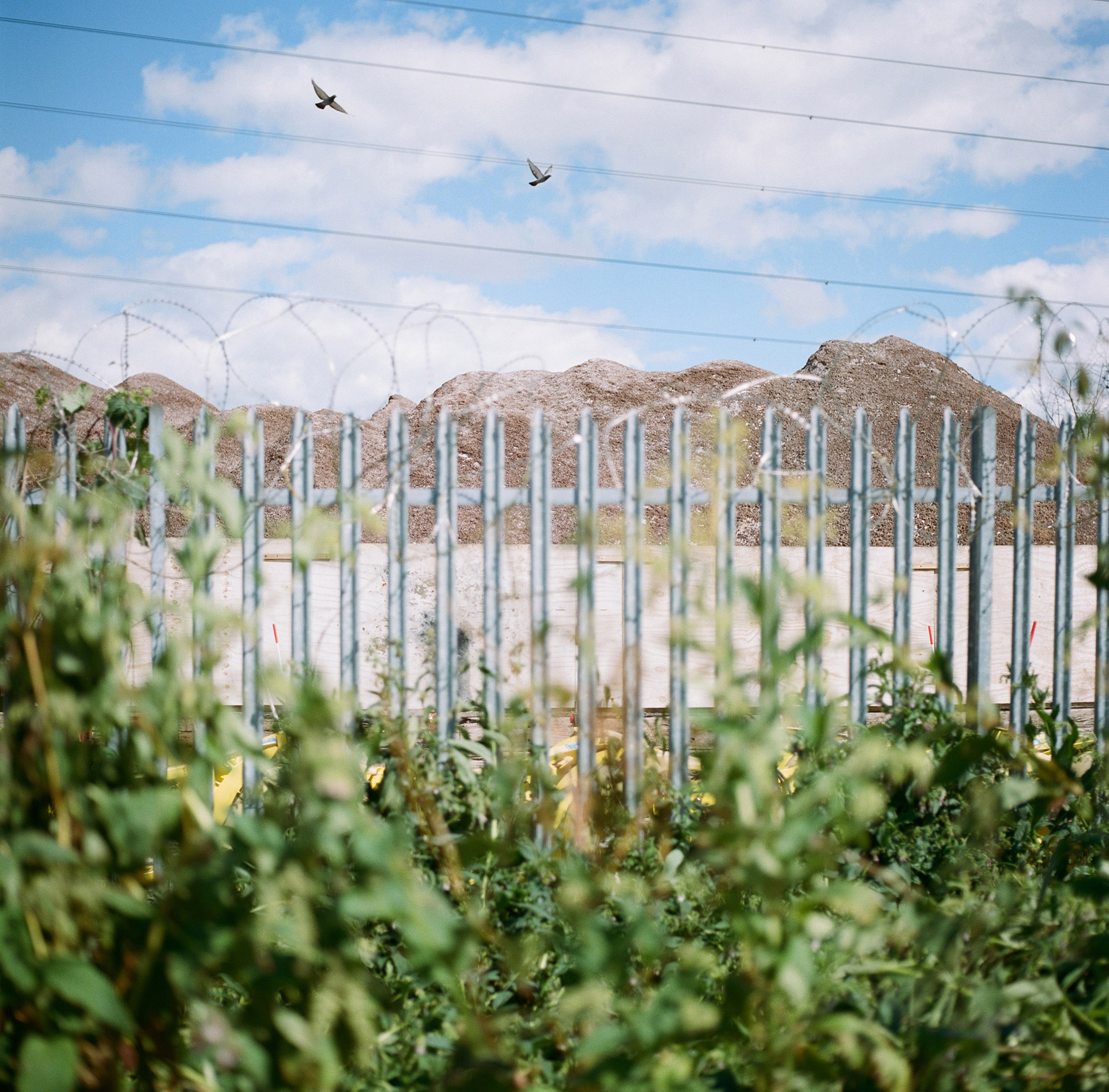
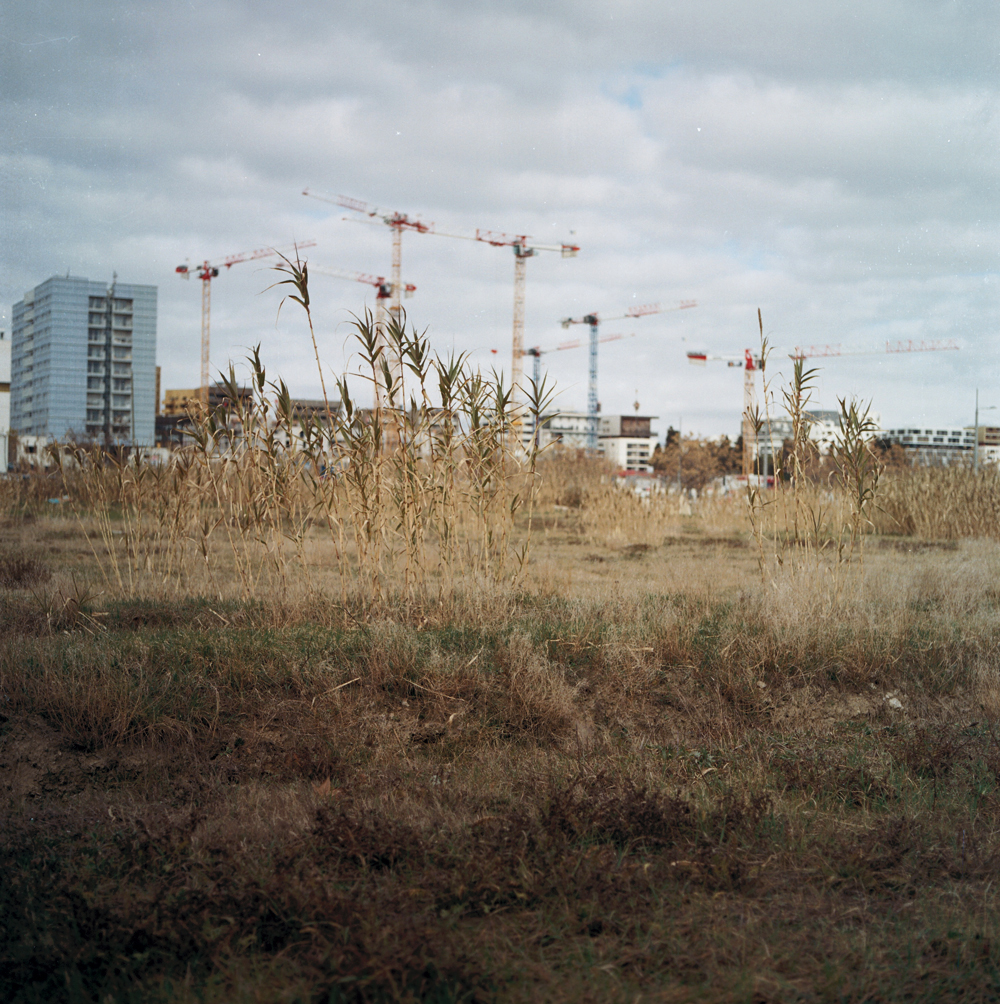
With every photograph I take I see how so little of what we do within industrialised societies is in harmony with the world around us, and respecting natural processes. We have caused so much disruption as a consequence, and unbalanced the biosphere. Nature doesn’t like imbalance, and from the microscopic to the global, it will do all it needs to do to establish a new equilibrium.
We are sowing the seeds of our own destruction, all the while being conscious of this incredibly masochistic act. What has to happen for us to choose a different path?

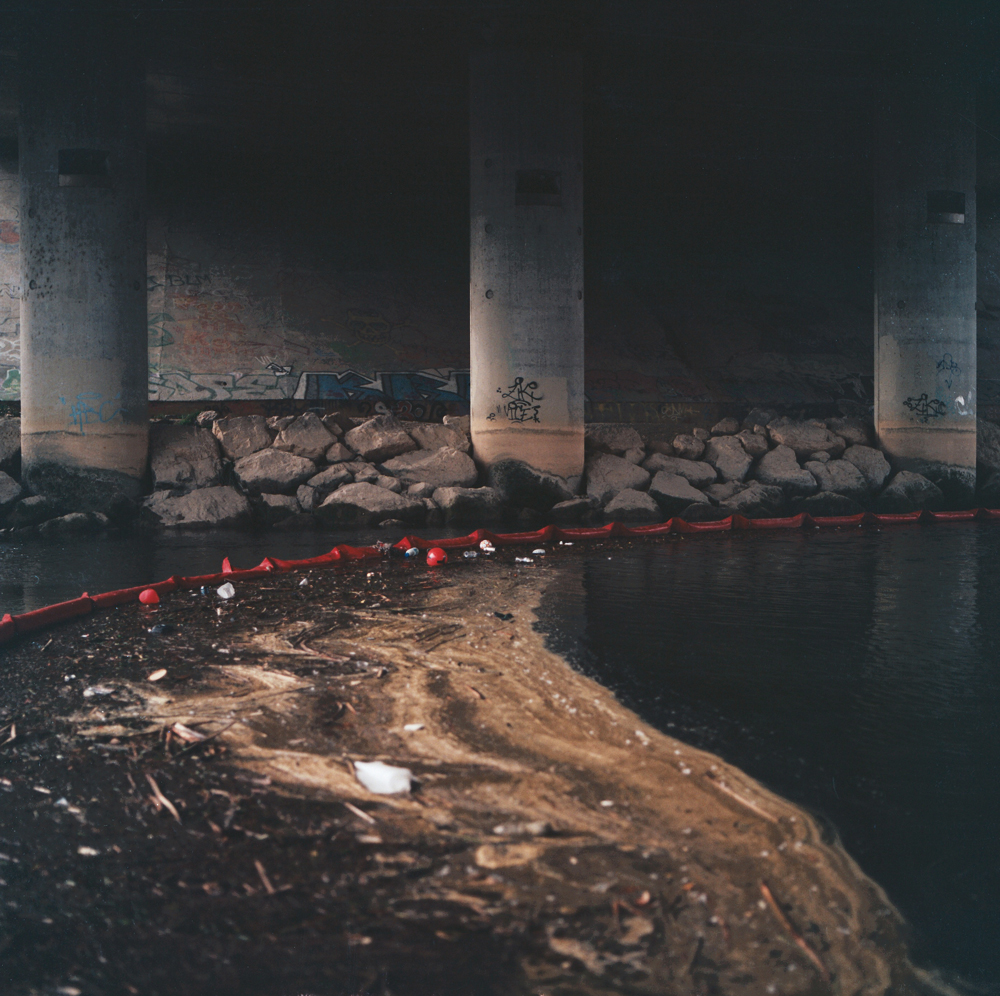
Reading about certain indigenous knowledge and belief systems, it is evident that one of the key issues with the culture that spawned industrialisation, and those that have evolved from it, has no gratitude for what the natural world has given us, and continues to give us, or, framed in another way, what we have taken from the natural world, and continue to take from it – with little regard to the consequences. It’s predicated on the belief that the natural world is ours to exploit as we see fit, and that we are separate – even superior – to it.
This lack of gratitude has come from our detachment from the natural world, which has occurred on so many different levels. Not only in how we produce our food, but also the everyday tools and objects we use. We are now completely surrounded by and dependent on things which have been manufactured and ultra-processed. Not so long ago much of the things we possessed would have come from an artisanal source – handmade from raw materials, and therefore only one or two steps from the origin within the natural world.
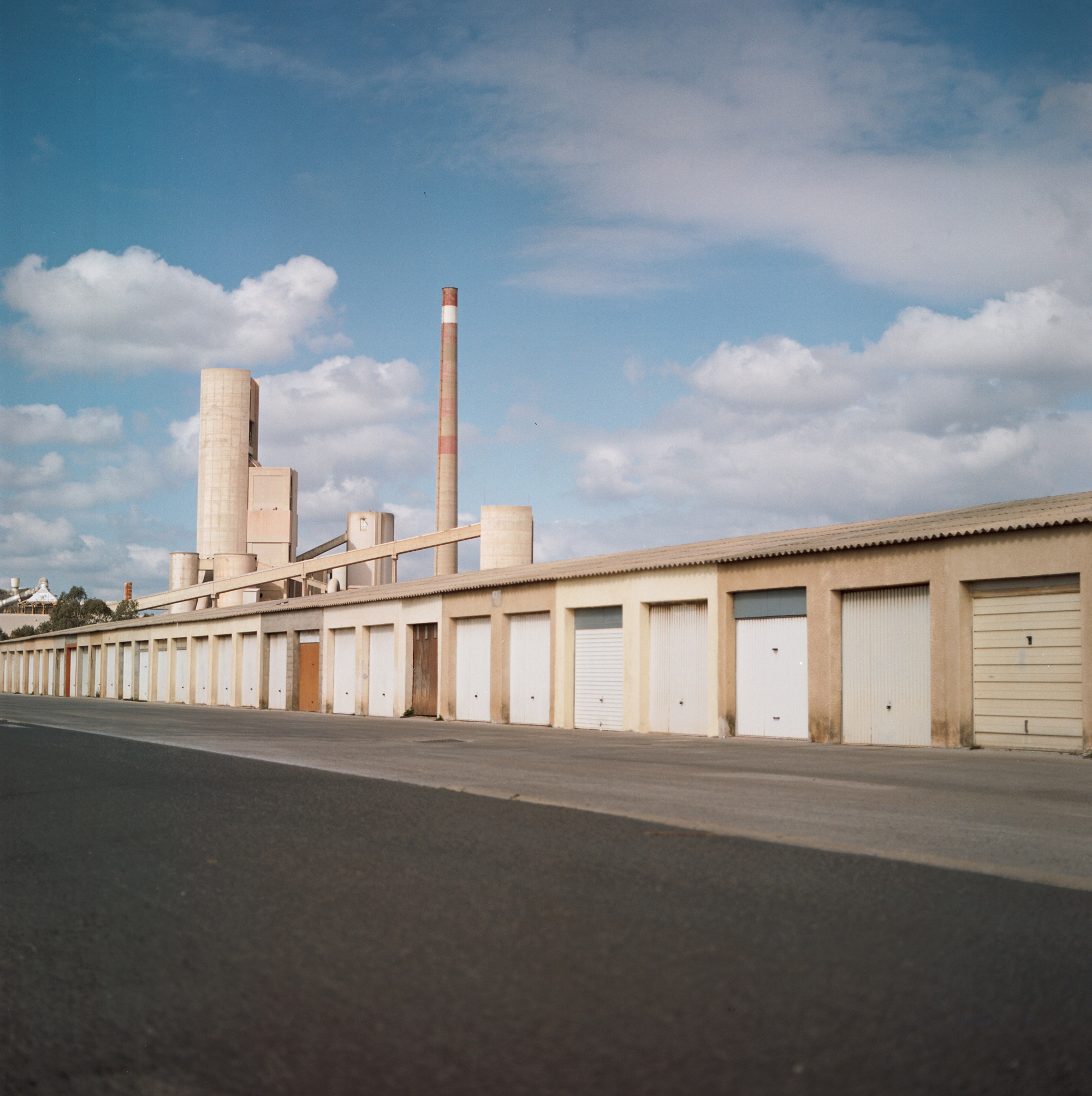
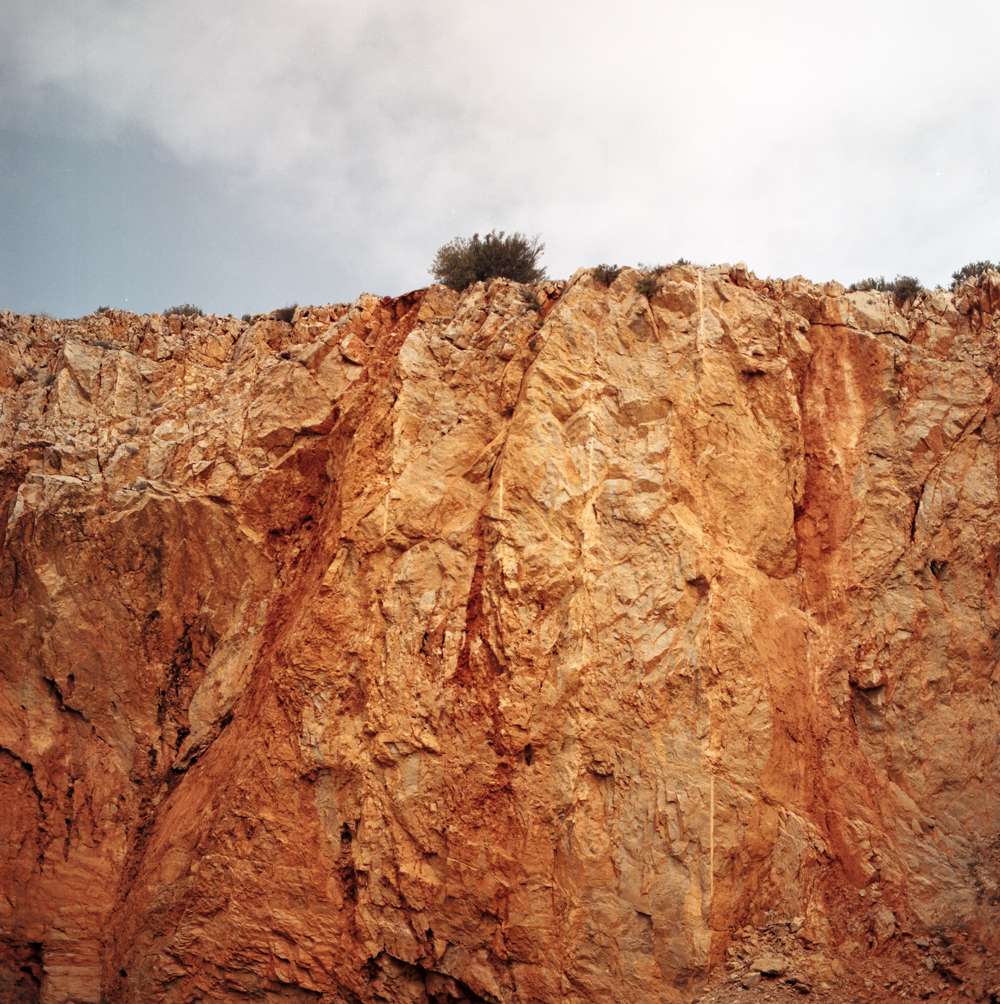
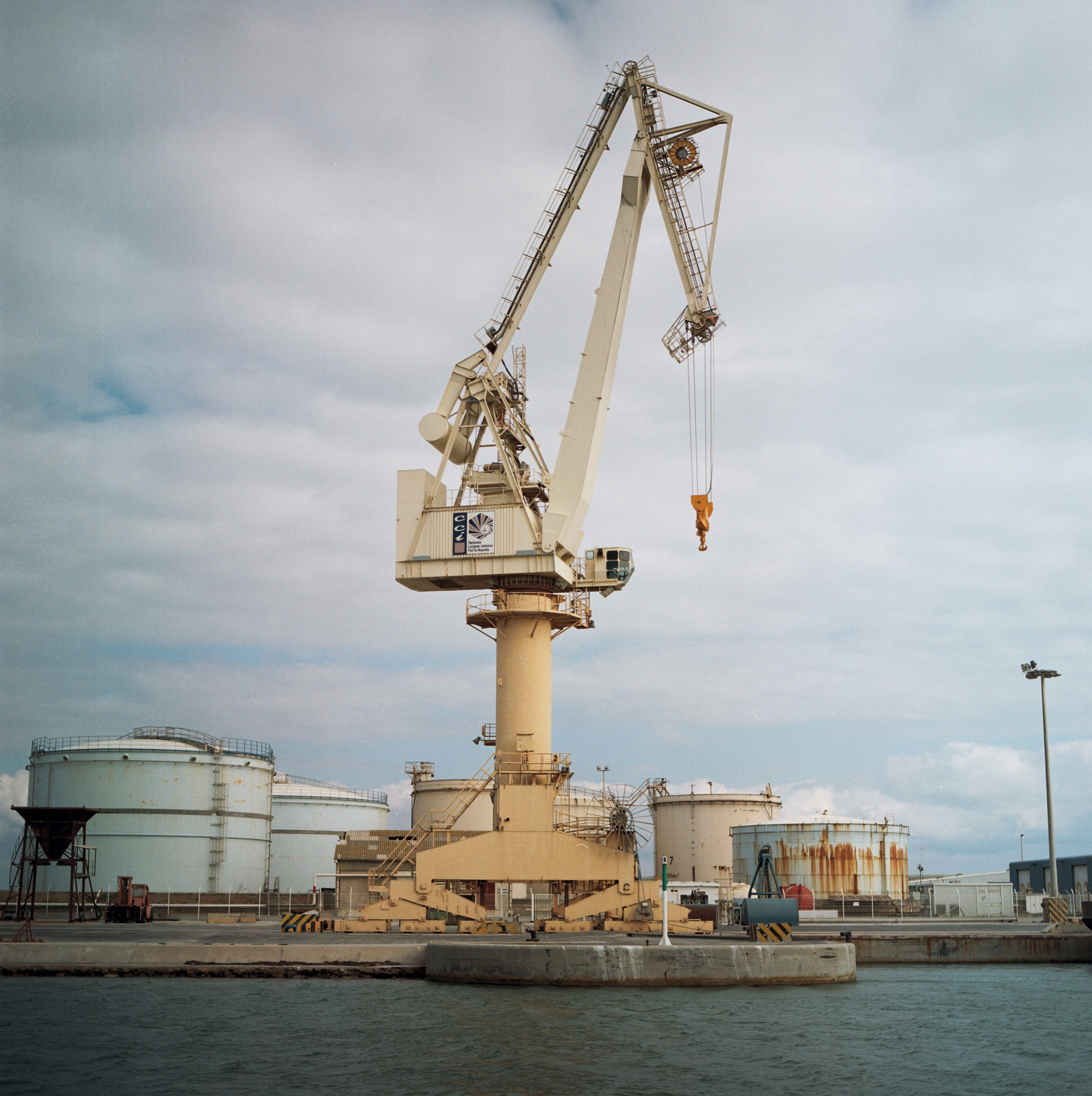
The western approach is often to reduce things down to their constituent parts, and analyse and assess each – all too often disregarding any interconnectivity and interdependency within the whole, and how this might alter the functioning of each part. Conservation all too often seems to follow this same approach.
Conserving small islands of land and sections of an ecosystem, then surrounding it with constructions which prevent the animals within the ‘protected’ area to function as they need to is not conservation – it is simply a more palatable form of human destruction.
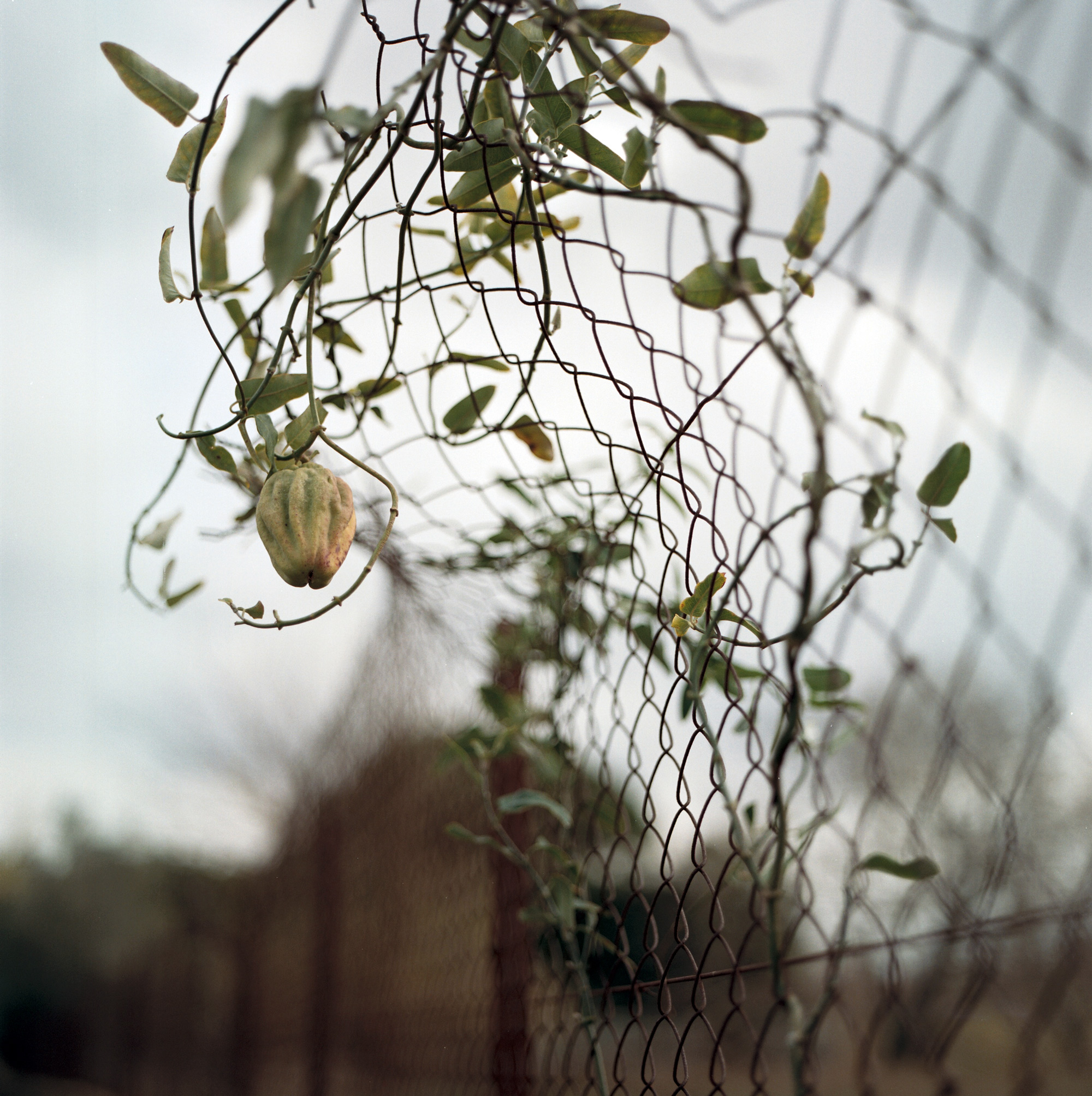
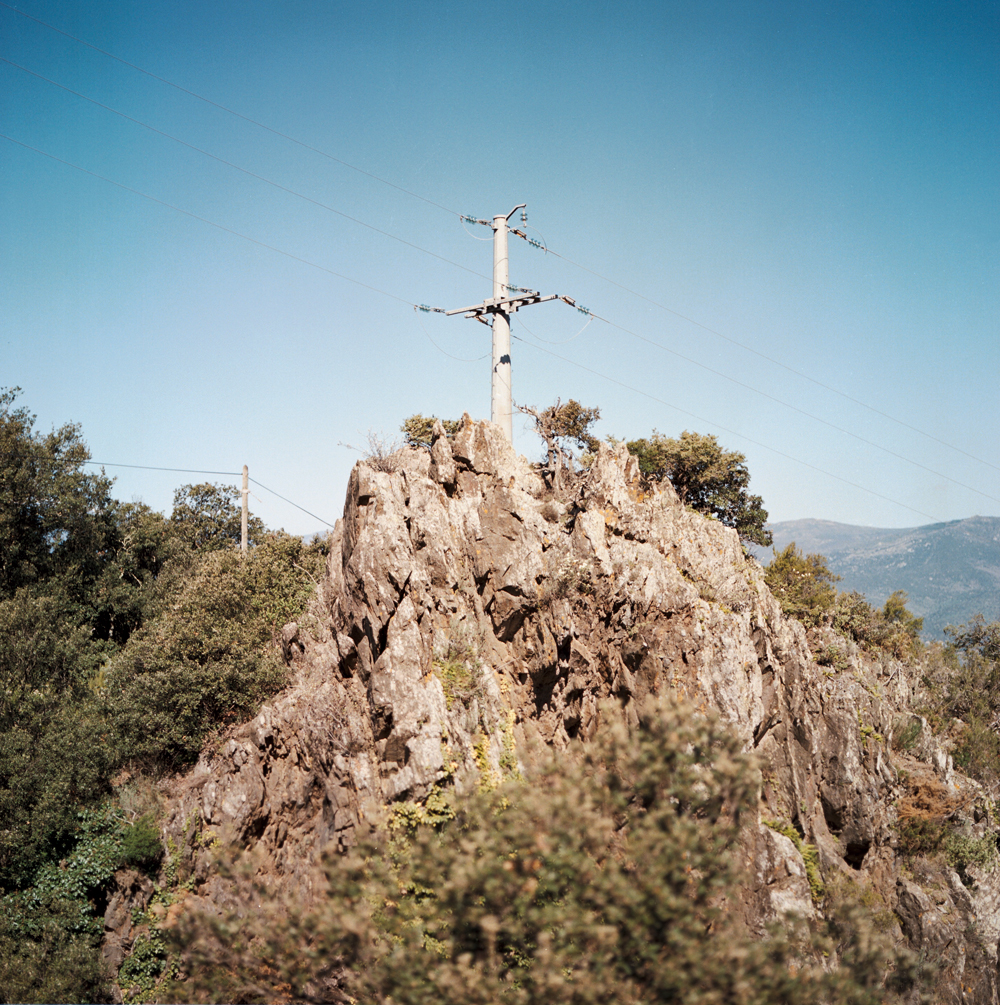
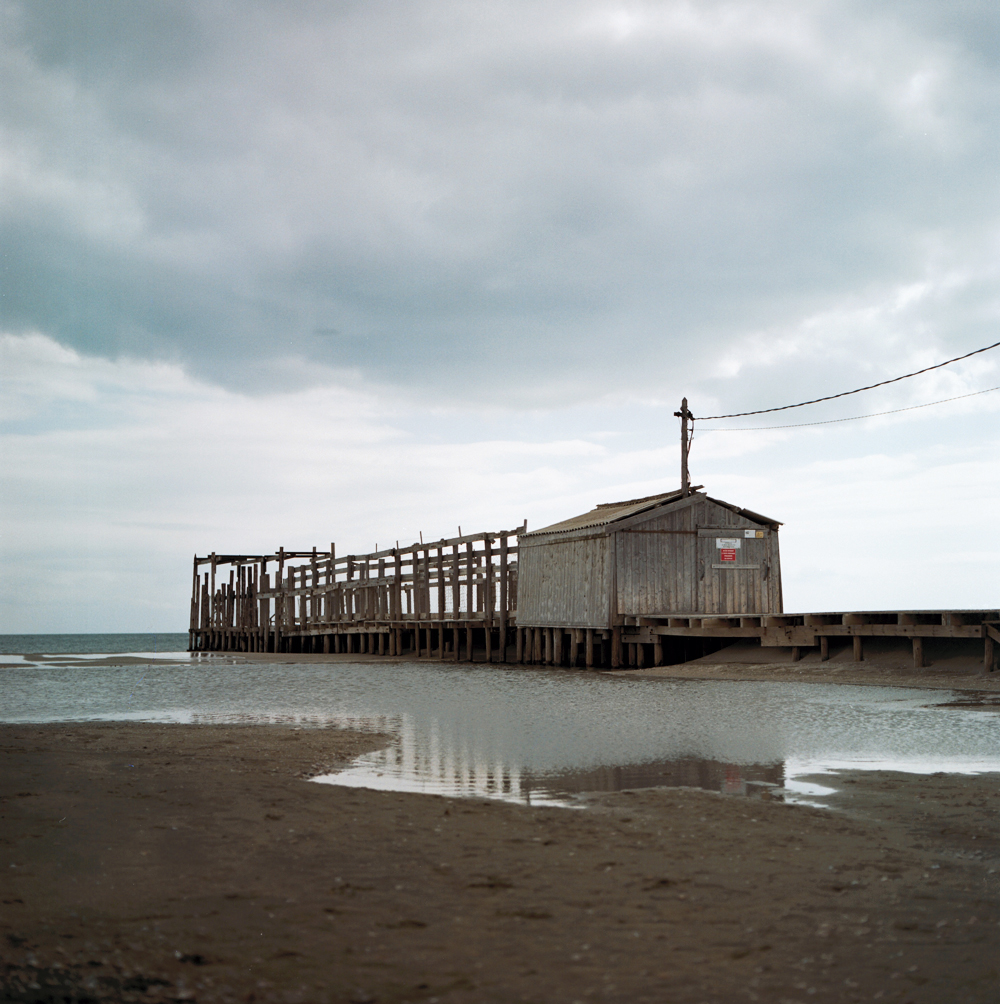
I struggle to witness what I do without feeling like every action carried out by us is scarring the land – most notably those carried out by the industries upon which our societies have been built, and continue to be maintained by. Every act disrupts and damages.
The natural world responds to every act in much the same way as our bodies do when we cut ourselves – the healing process begins immediately. Abandoned quarries are covered with pioneer plants – taking the first steps towards reoccupying a space disrupted by human activities.
We have wounded so much of the planet’s surface with our destructive activities – whether on dry land, or on the sea floor. Along with the ecosystems that occupy those areas.
We have created an unsustainable culture, built upon false assumptions of abundance and of being apart from nature. We must once and for all start changing the prevailing narratives, and establish a new culture – we must acknowledge once more, as so many indigenous communities have always done, that we are a part of nature.
